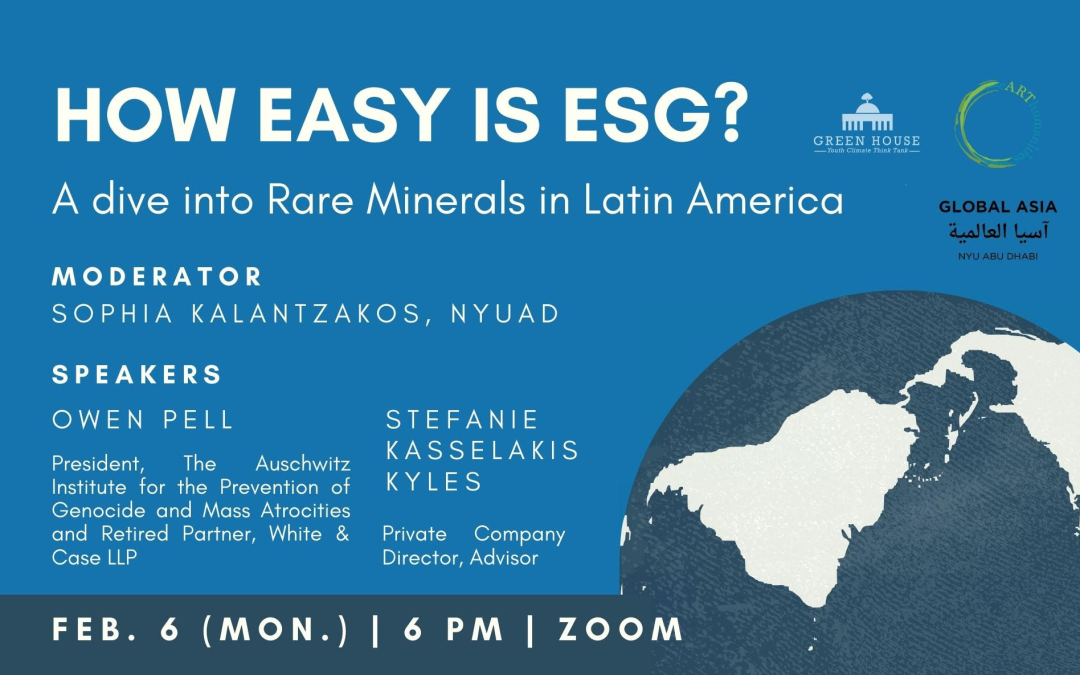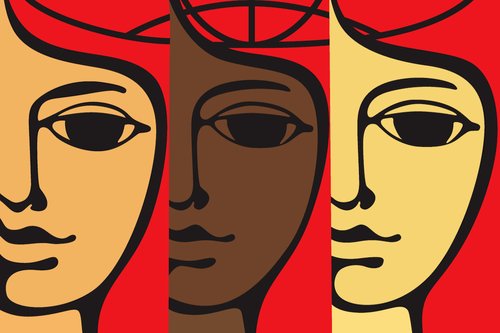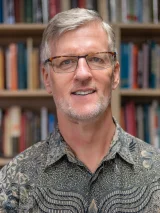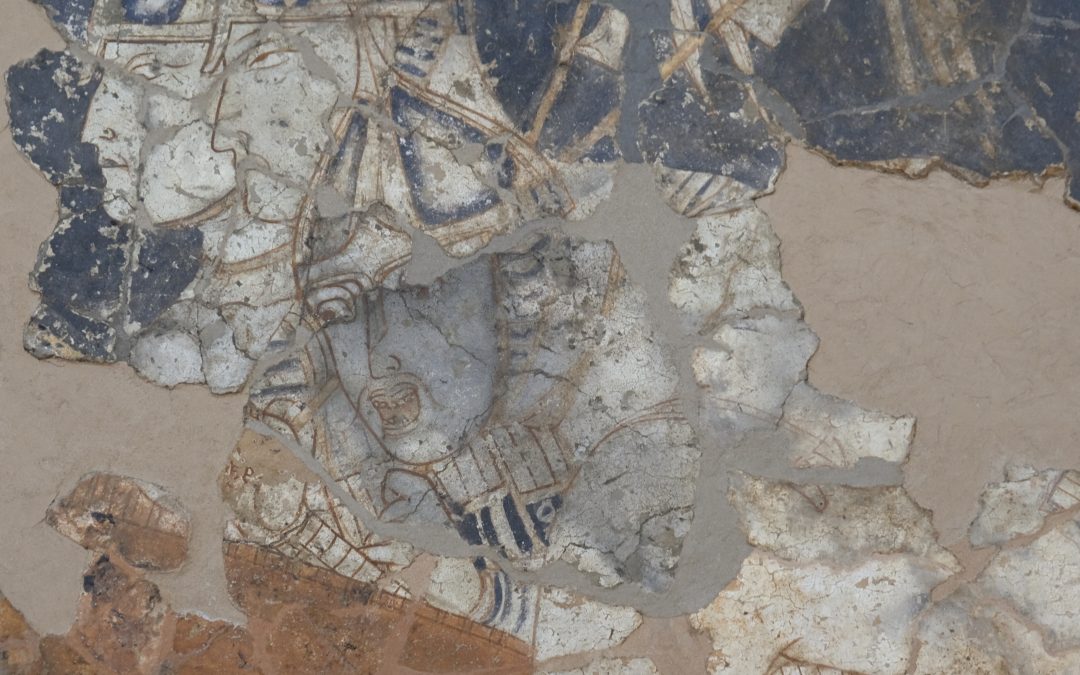
Sovereignty and Mobility in Asia Today
Open to the NYU Abu Dhabi community and by invitation.
14th February 2023.
18.30 – 19.30.
The Reading Room, NYUAD Art Gallery (adjacent to the Welcome Center, NYUAD).
Afghanistan as a Transnational Political Arena, Alessandro Monsutti
The fall of Kabul in the hands of the Taliban in August 2021 has brought once again Afghanistan to the front stage of international politics. This dramatic development on the ground signals the failure of the 20-year reconstruction effort conducted under the leadership of the United States. Afghan society has been marked by war and the exodus of part of its population, but also by the presence of a myriad of international and nongovernmental organizations, as well as armed forces from many countries. The movement of refugees trying to get to Europe, Australia or North America is matched by the flow of experts who exercise their talents in Afghanistan after having been in the Democratic Republic of the Congo, Palestine or East Timor. The latter travel from North to South and promote social and political norms supposed to be universal; the former move in the opposite direction from South to North and unmask through their mobility the inequitable distribution of resources, whether it is economic well-being or the possibility of living in security. These multiple mobilities intersect but do not unfold in a horizontal world. They express evolving forms of sovereignty and global power relations.
A History of Distributed Sovereignty in the Indian Ocean, Thomas Blom Hansen
Sovereignty is often seen as a principle that limits and restricts human movement, rights and social relationships. However, sovereignty arrangements are also central to enabling human movement such as trading networks, labour, and tourists, among others. The Indian Ocean world exhibits both of these dynamics in multiple ways. First, the history of the Indian Ocean is shaped by ‘distributed sovereignty’ – a complex and layered arrangement of partial, overlapping and ‘minor’ forms of jurisdiction that the British Empire tried to aggregate under an umbrella of imperial suzerainty. Second, this arrangement saw an increasing tension between conventional ‘sovereignty over territory’ and the emerging need to exercise ‘sovereignty over people’ that moved cross the Indian Ocean space – pilgrims, indentured laborers, enslaved populations and trading communities. By the late 20th century, this older order was mostly replaced by the formal principle of sovereign nation states but the social and economic relations that sustained the older order still persist. In this brief talk, I shall reflect on how this history has created connections, legacies and pathways that provide a form of ‘deep structure’ that shape the present economies and social practices across the western Indian Ocean.
Alessandro Monsutti is Professor of Anthropology & Sociology in the Geneva Graduate Institute and President of the Board of Directors of the Geneva Centre of Humanitarian Studies. He is Faculty Associate with the Global Migration Centre and the Albert Hirschman Centre on Democracy; and Research Associate at the Refugee Studies Centre (University of Oxford). Monsutti has conducted multi-sited research since the mid-1990s in Afghanistan, Pakistan and Iran to study the modes of solidarity and cooperation mobilised in a situation of conflict and forced migration. He has subsequently broadened the geographical scope of his research to include members of the Afghan diaspora living in Western countries. This led him to analyse war and post-conflict reconstruction in the light of the social networks and economic strategies developed by refugees and migrants, and – more generally – to address theoretical and methodological issues related to globalisation. He is the author of the recently published monograph Homo itinerans: Towards a Global Ethnography of Afghanistan, Oxford: Berghahn Books, 2021.
Thomas Hansen is the Reliance-Dhirubhai Ambani Professor of Anthropology. He founded and directed Stanford’s Center for South Asia from 2010 to 2017. Hansen is an anthropologist of political life, ethno-religious identities, violence and urban life in South Asia and Southern Africa. He has multiple theoretical and disciplinary interests from political theory and continental philosophy to psychoanalysis, comparative religion and contemporary urbanism. In addition to these ethnographic engagements, professor Hansen has pursued a number of theoretical interests in the anthropology of the state, sovereignty, modern convictions, religion, violence and urban life in the Global South. He is the author of The Saffron Wave. Democracy and Hindu Nationalism in Modern India (Princeton 1999); Wages of Violence: Naming and Identity in Postcolonial Bombay (Princeton 2001) and Melancholia of Freedom. Social Life in an Indian Township in South Africa (Princeton University Press, 2012). Hansen is currently finishing a book on the global spread of notions of popular sovereignty and the rise of illiberal democracy.






